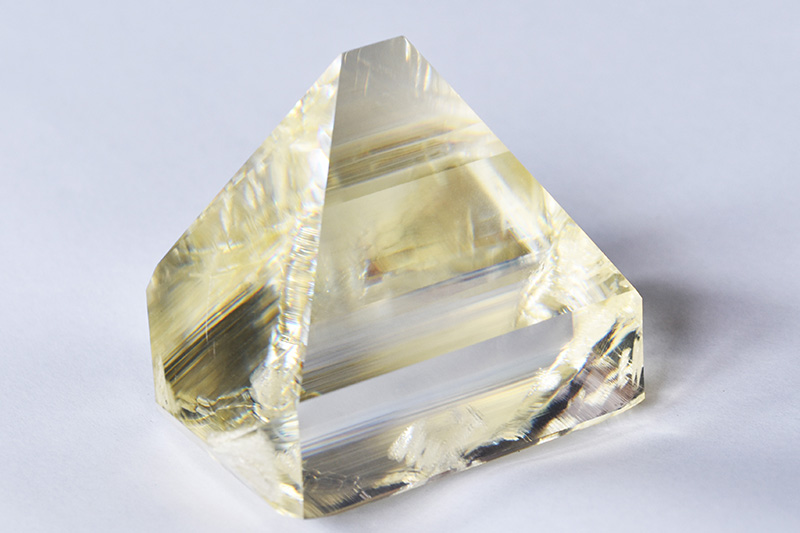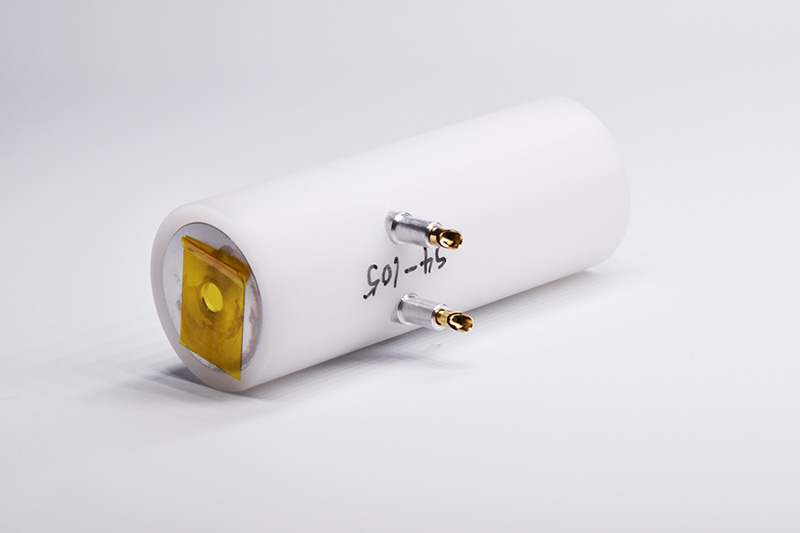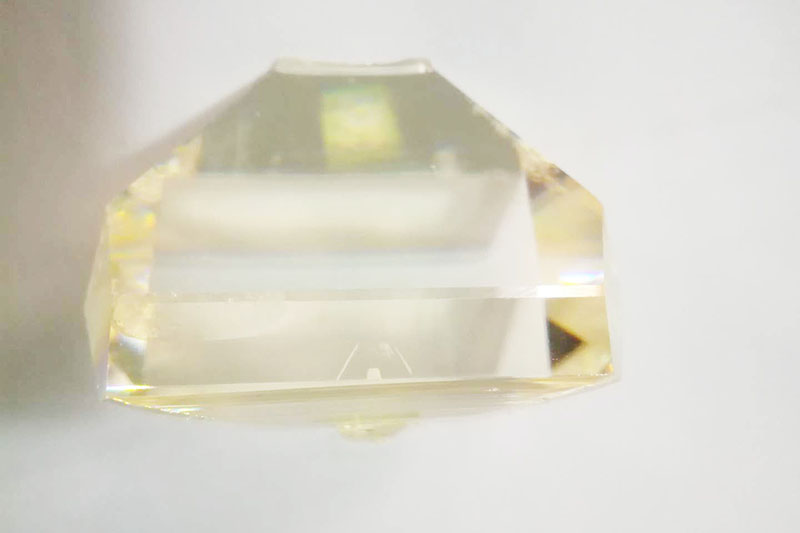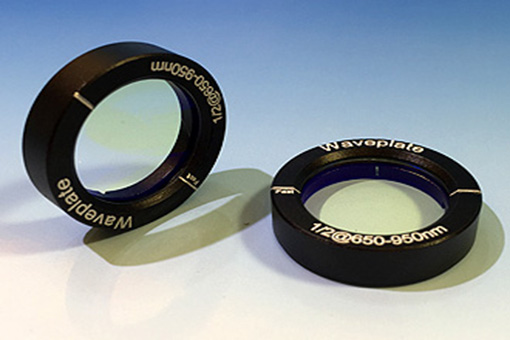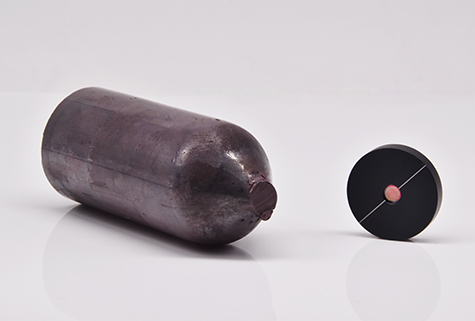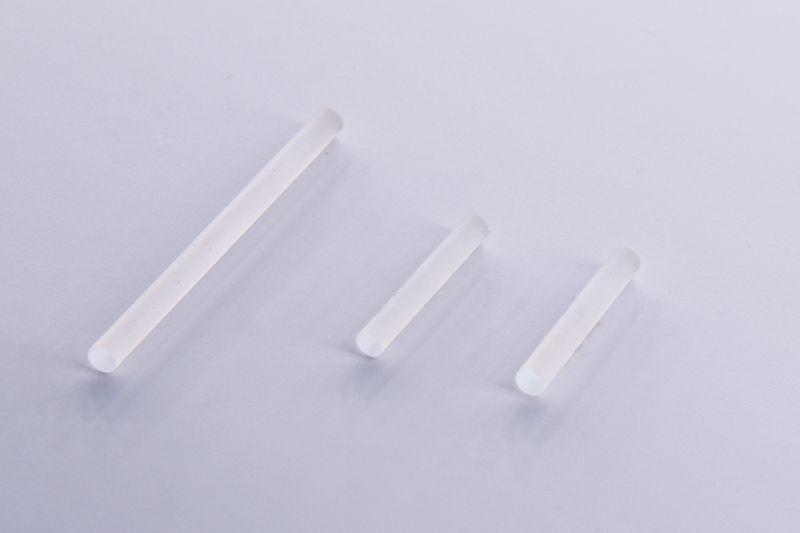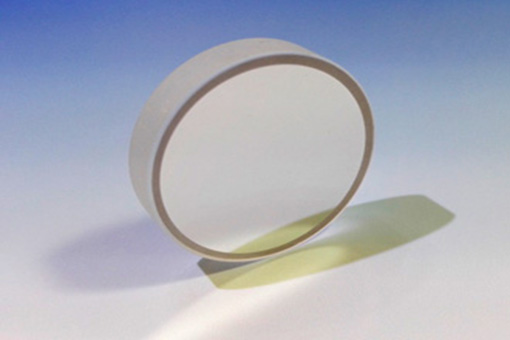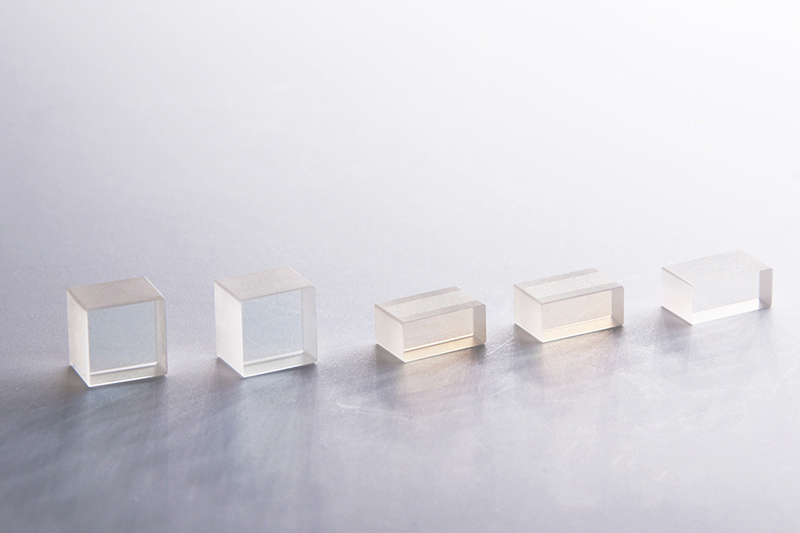RTP Q-switchs
RTP (Rubidium Titanyle Phosphate – RbTiOPO4) is a material now widely used for Electro Optical applications whenever low switching voltages are required.
RTP (Rubidium Titanyle Phosphate – RbTiOPO4) is an isomorph of KTP crystal which is used in nonlinear and Electro Optical applications. It has advantages of higher damage threshold (about 1.8 times of KTP), high resistivity, high repetition rate, no hygroscopic and no piezo-electric effect. It features good optical transparency from around 400nm to over 4µm and very importantly for intra-cavity laser operation, offers a high resistance to optical damage with power handling ~1GW/cm2 for 1ns pulses at 1064nm. Its transmission range is 350nm to 4500nm.
Advantages of RTP:
It is an excellent crystal for Electro Optical applications at high repetition rate
Large nonlinear optical and electro-optical coefficients
Low half-wave voltage
No Piezoelectric Ringing
high damage threshold
High Extinction Ratio
Non-hygroscopic
Application of RTP:
RTP material is widely recognized for its features,
Q-switch (Laser Ranging, Laser Radar, medical laser, Industrial Laser)
Laser power/phase modulation
Pulse Picker
| Transmission at 1064nm | >98.5% |
| Apertures Available | 3, 4, 5, 6, 7, 8, 9, 10, 11, 12, 13, 14, 15mm |
| Half wave voltages at 1064nm | 1000V (3x3x10+10) |
| Pockels Cell size | Dia. 20/25.4 x 35mm (3×3 aperture, 4×4 aperture, 5×5 aperture) |
| Contrast ratio | >23dB |
| Acceptance Angle | >1° |
| Damage Threshold | >600MW/cm2 at 1064nm (t = 10ns) |
| Stability over a wide temperature range | (-50℃ – +70℃) |
Products categories
-

Phone
Phone
-

Email
Email
-

whatsapp
whatsapp
-

Wechat
Wechat

-

Top

